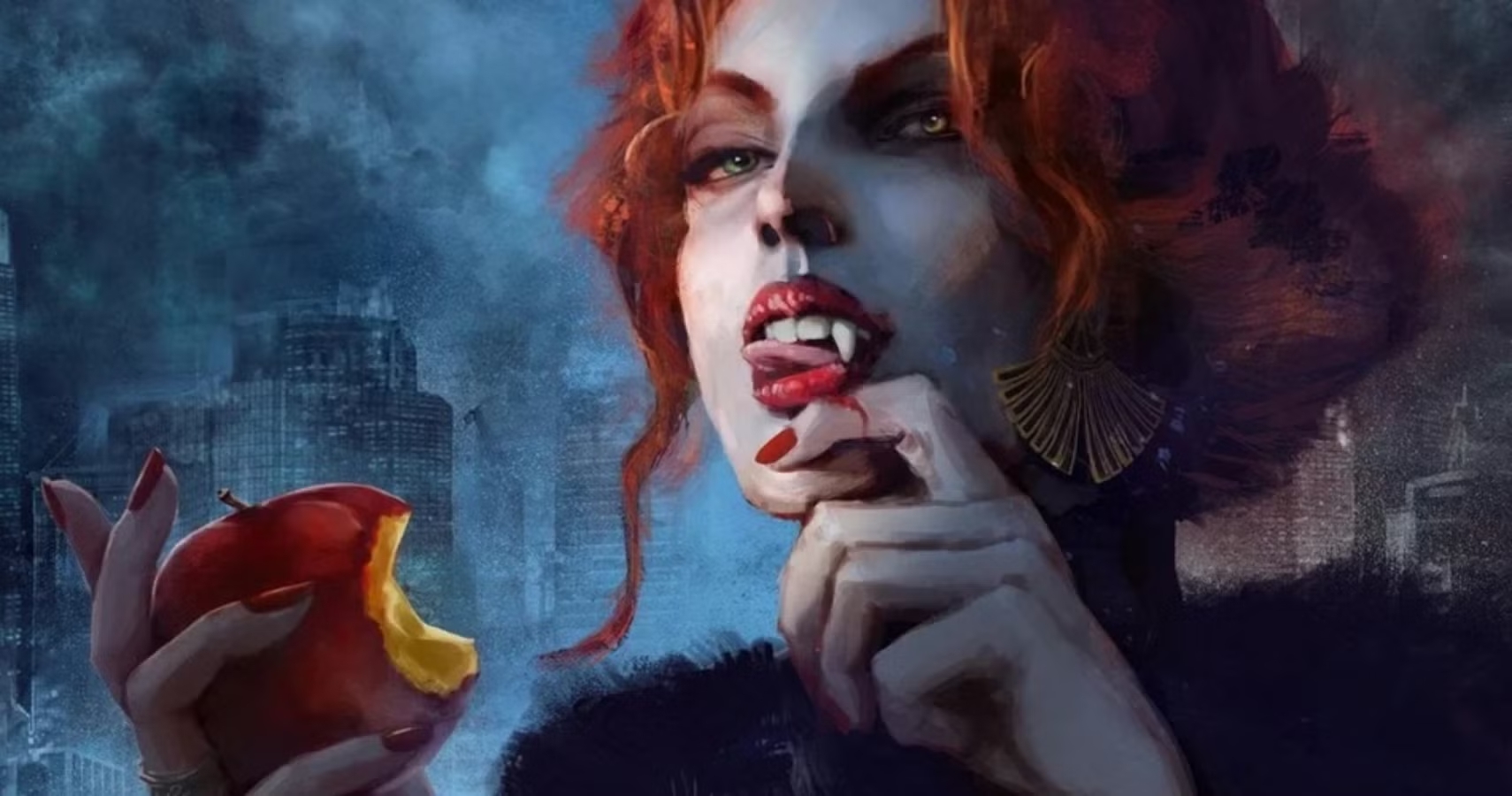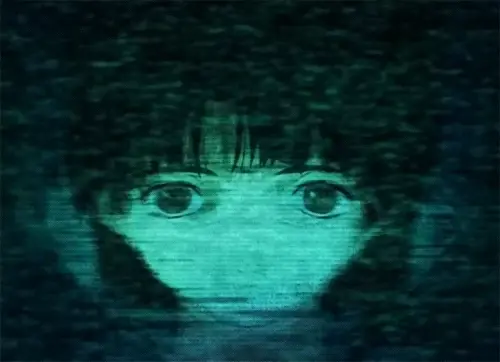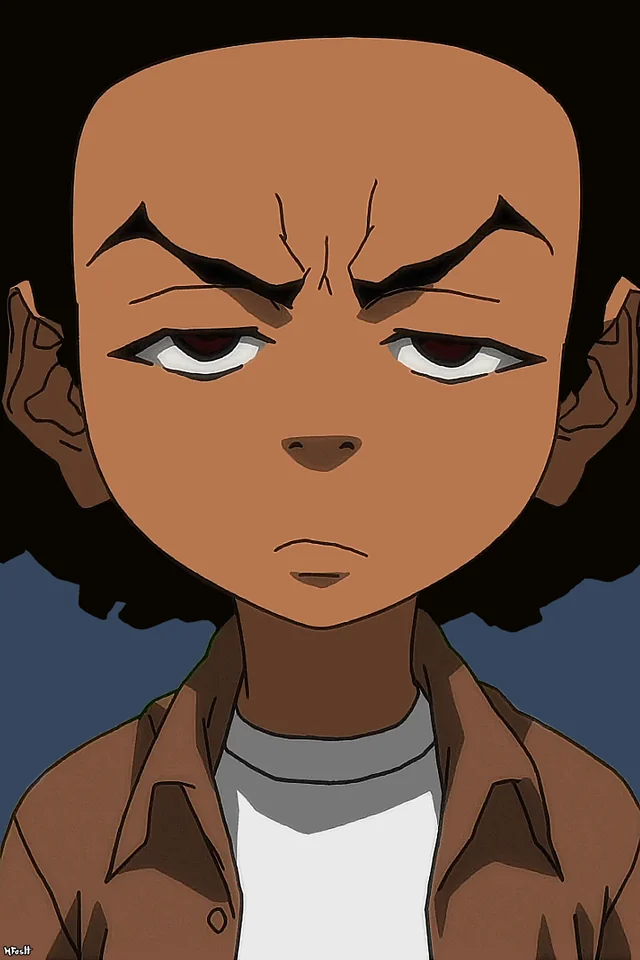I'm looking for books like the title - a realistic but hopeful depiction of the future. Mostly interested in near future, building after the revolution type stuff, but I'd be open to more outright utopian sci-fi as long as the worldbuilding was interesting.
Not quite what you're asking for, but it is kind of fun to read Red Star by Bogdanov. Basically a Bolshevik using a fictional Martian society as a way to project what he thought a post-revolution full-communist society would look like.
Kim Stanley Robinson has decent politics and writes a bunch of near future solarpunk/optimistic sci-fi.
Becky chambers also fits into this genre pretty well. She has a very cozy two book series called monk and robot.
I really dont get KSR's politics. Ive read his solarpunk stuff, the New York 2140 and Ministry for the Future books, and they both seemed to hyperfocus on financial wunderwaffe as a workable solution to climate change. In NY 2140 it was a rerun of 2008 but the fed doesnt bail out banks, + an index to measure the value of underwater property (?). And in Ministry its a carbon offset bitcoin or something. Anyways if someone can explain whats up with KSR and why he's so liked id love to talk about it.
Becky Chambers is the best. Read all of her stuff. Her Wayfarer series is pretty good too, and one of the books (the third one iirc) is about a generation ship that practices self sustainable communist politics (space juche).
- an index to measure the value of underwater property (?)
The Fucking Aquaman Index.
I read Long Way to a Small Angry Planet a few years ago and enjoyed it, so I'll check out her other stuff!
Not a novel, but the TTRPG Lancer has a very very cool depiction of a socialist future in transition towards FALGSC. Unfortunately the free version of the rulebook doesn't come with all the worldbuilding. Excerpt from the rulebook:
THE UTOPIAN PILLARS There are few beliefs common to all humans under Union’s purview – even among the Metropolitans of the Galactic Core – but there are three truths that Union’s agents and the Metropolitans share: the Utopian Pillars. Formally re-adopted after the over‐ throw of SecComm, the Pillars are fundamental, owed to all, and guaranteed to the best of Union’s ability:
I ALL SHALL HAVE THEIR MATERIAL NEEDS FULFILLED. Under Union, it is paramount that all humans be afforded the decency of a life in which their basic needs are met. The state must make food, water, shelter, and just labor available to all, and may never deny those rights. To do so is to violate the most basic of social contracts.
II NO WALLS SHALL STAND BETWEEN WORLDS. The void of interstellar space is deep, cold, and utterly hostile to life. Any civilian world, station, or moon not granted restrictions by Union edict must allow access to any who petition, allowing all to feel firm ground beneath their feet, breathe clean air, and enjoy the light of a life-giving sun (or equivalent, in the case of space stations or worlds that necessitate artificial light).
III NO HUMAN SHALL BE HELD IN BONDAGE THROUGH FORCE, LABOR, OR DEBT. The scarcity of natural resources is a false premise – a myth and a tool used to enrich the few while oppressing the many. The dignity of human life is paramount on all worlds, whether Core or Diasporan. To exploit people and their labor while denying them just compensation is abhorrent.
It's not the most optimistic. With the full lore you very much get the sense that Union, the Federation essentially, has allowed elements of liberalism and opportunism to creep in on the periphery of its power for expedience. Union makes deals with incredibly corrupt feudal societies and borderline genocidal corpo-states, and may have committed a time-dilation exacerbated preemptive extinction attack against a distant human civilization before the development of FTL tech (the appropriately titled PISTON-1: KINETIC TOTAL BIOME KILL) during its brief fascist takeover. Because of said time dilation and the extreme distances, the attack is still technically in progress and very difficult to stop; when the other civilization detected it, they were rightly very unhappy with Union even if Union's current iteration is trying to stop it. Then there's what happened to the only nonhuman civilization ever discovered, unfortunately it was during the aforementioned fascist phase of Union.
The game has dark elements, and terrible atrocities were perpetrated by Union in the past, the optimistic part is where the players come in. Missions often involve siding with labor revolts, freeing enslaved worlds, et cetera. Union and the galaxy at large are flawed but can be changed for the better. By application of incredible violence and mecha magic.
Yup definitely, but considering Union has a Department of Justice and Human Rights whose mission profile includes freeing slaves I felt that it was a good bit more optimistic that a lot of other sci-fi universes.
Does that department devote any attention to the imprisoned AIs that undergird all of society in Union?
There's 2 entire supplements for that!
(That being said NHPs are still kinda one of the weirder tone deaf blind spots in the setting as presented in the main rulebook)
Love Lancer, probably the best designed and optimized TTRPG currently on the market. Also the only one that works best in online play.
Lancer is sick. Someone is adapting it to a video game rn too which is cool
Im sorry but the Union of lancer is a stand in for the US. The pillars that you mention are essentially the US constitution.
The Union only exists at the expense of border regions, the populations of which live under constant violence from the Unions mechas. The Union constantly seeks to expand into states like Aunic Ascendancy, an analogy to the Middle East.
It’s state is essentially fascist, with a secret police and mega corporations running the thing. Yes they think they are the good guys, and yes maybe basic needs of their population is met. But who in this fantasy suffers? It’s one of those "shining city on the hill" utopias that reeks of western chauvinism.
Im sorry but the Union of lancer is a stand in for the US
I'm going to have to disagree here, to me it reads more like AES with Union as a China analog. In the source material Union is biding it's time and only suffers the corpo-states existence because of the lessons learnt during it's fascist era, so at the moment it has a strict non-interventionist policy. In the meantime it is trying to undermine them with diplomacy and economics (such as support for trade unions in those states), although admittedly in-setting this is having mixed results.
But who in this fantasy suffers?
I mean, a core part of this fantasy is that the player characters can move to right past wrongs and end suffering, and a big part of the setting is that Union is a socialist nation in transition so there's a never ending list of wrongs that need to be righted. Are liberatory power fantasies inherently chauvinistic?
Its a fair reading of the worldbuilding, I don't think a world has to be perfect to be optimistic in some way (dispossessed is a good example of a non-perfect optimistic take on anarchism). However, my problem with Lancer is the core (metropole)/periphery framing, in which for the core to have all of these good things, endless war on the (underdeveloped) periphery must be waged. That is what makes it chauvinist to me, and not liberatory.
If a megacorp empire "trying to be better" is optimistic and liberatory, then we just have different definitions of optimistic imagination. To me, Lancer is incredibly pessimistic about human societies and feels inspired by end of history thought (ergo, yes we were bad at some point, but we are good now) where tweaking the US empire is all there is to societal development.
Ok, I see where you're coming from better now. Yeah, I think that's a fair take. But to me Lancer has that "Day after the Revolution" quality where the socialist state has inherited a bunch of messed up problems and has to navigate that, and what I find optimistic about the setting is that it even entertains the notion that navigating all that towards a better future is even possible. Union is trying to end the endless war after all, and another huge part of the tension in the setting is the "when, not if" aspect of Union actually living up to it's ideals. But until then it's Space Dengism.

I always found HORUS or Ungratefuls based campaigns much more compelling than Union for these reasons.
I remember The Dispossessed having a fairly optimistic view of an anarchist society.
I have a whole trilogy of novels like this. They take place in the late 2020s, after a successful global communist revolution on Earth, when the first world workers' state begins to explore the galaxy. The whole thing is available on libgen and also amazon of course. If you enjoy it, please leave an amazon review and let your friends know!
yo I scooped these off libgen but I always love to buy from artists who are pirate friendly when I can, do you prefer Amazon for that or is there a better spot?
I've seen The Culture series mentioned several times on Hexbear but I haven't actually read them myself.
https://www.bookseriesinorder.com/the-culture/
They are thoroughly good. Everything Iain Banks wrote is incredible. His sci-fi and standard fiction. My favourite author of all time and I miss him so much.
It's worth noting that most culture books focus on how elements within the culture can be quite morally dubious at times.
Edit: I'd just like to add there's a great album on spotify dedicated to the culture https://open.spotify.com/album/0ZOW2DLLnXOmr5pKXpImfx. By Terminal Chaos Builders
Kim Stanley Robinson - The Mars Trilogy.
You will know after the first if you want to read more. The first works well enough on its own too. It's relatively near future, and relatively realistic minus like one thing. It is partly about making revolution, and KSR is always an optimist at heart.
There is also the California trilogy and while I haven't read it, I believe one is about a near future socialist society.
Everything for Everyone: An Oral History of the New York Commune, 2052–2072
I liked the idea of this. It's near future, post revolution. It is overall optimistic.
The Culture Novels by Iain Banks
Its far future, and utopic, but they are really great books about a far future communist society. None are really connected, so they can be read in any order. People generally recommend Player of Games as the first novel. I read Excession first.
There are definitely more that I ksut can't remember right now.
The Culture of course
Ken MacLeod's Fall Revolution sequence (TROTS IN SPAAAAACCE!). And several of his other books.
The Commonweal by Graydon Saunders (though this is fantasy) The revolution against the god mages ended 400 years ago, it is still too early to see if the only free society for 300'000 years is viable.
There's also the Soviet written Solar Union series, of which Hard to be a God is part
I liked Ancestral Night and The Machine by Elizabeth Bear, though these are far-future space stories
Definitely check out Everything for everyone: an oral history of the New York Commune, 2052–2072 by M. E. O’Brien and Eman Abdelhadi.
Iain M. Banks' Culture series of course. Player of Games is the best starting point, though Surface Detail is my favorite.
Adrian Tchaikovsky's Children of Time series is as close as I've ever seen hard sf get to the Star Trek IDIC ethos.
Kim Stanley Robinson's Mars trilogy is good near future ecology and politics focused sf.
Serial web fiction addendum:
Unjust Depths is a fantastic trans lesbian communist undersea gundam story.
What Little Remains of Terpsichore Ironheart is the story of an elf several hundred years after humans did a campaign of genocidal colonialism to elves on a quest to burn it all down and build a better future from the ashes.
The John Brown Isekai is exactly what it says on the tin. John Brown gets isekai'd straight from his historical execution and starts a slave rebellion in isekai world.
Otherworldly Anarchist is about a genuine street fighting anarchist in a world of magic, monarchy, and slavery.












